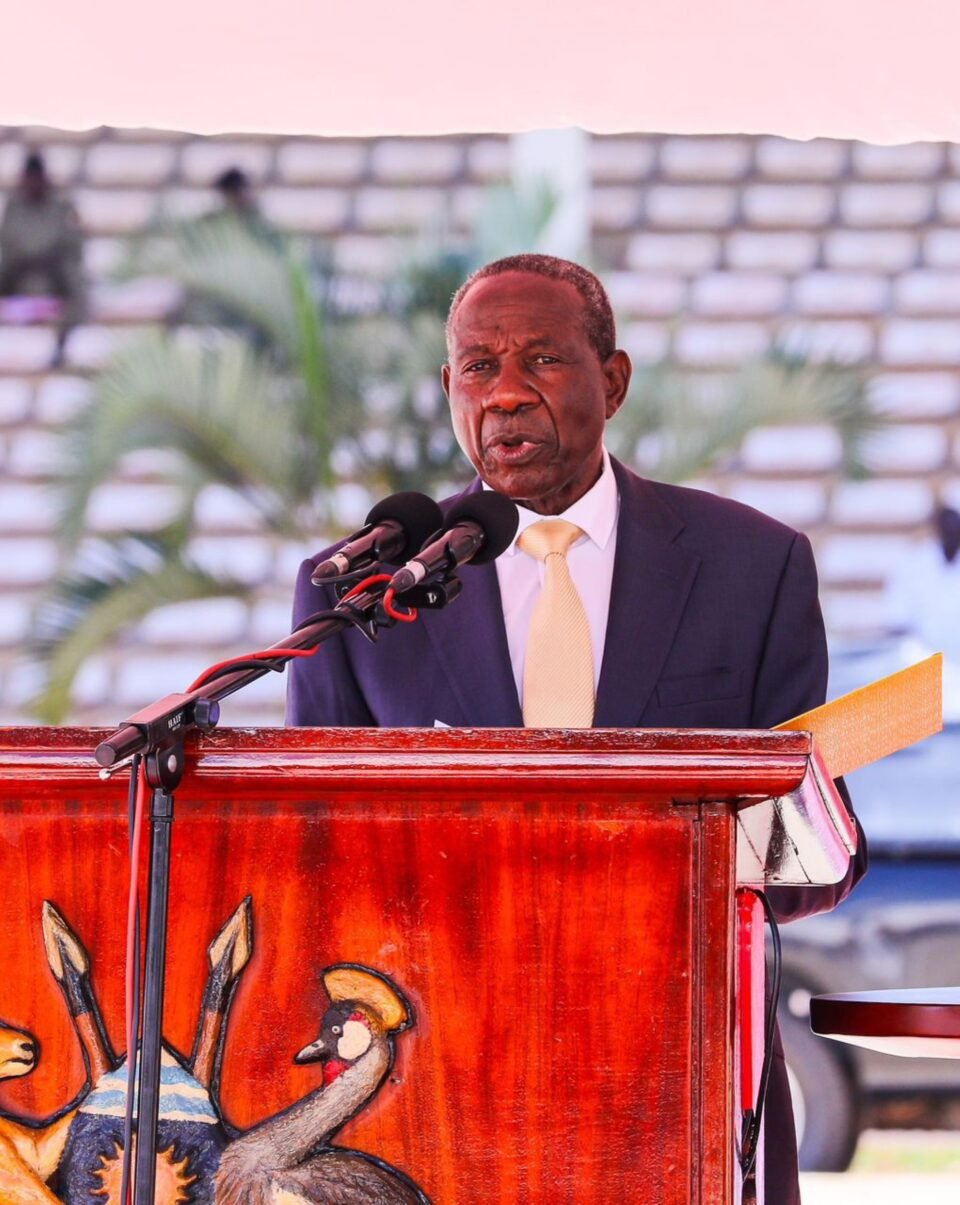The Government of Uganda has presented a Shs72.3 trillion national budget for the 2025/2026 financial year, setting ambitious targets to transform the economy and improve the lives of citizens.
Finance officials say the budget will focus on infrastructure development, industrial growth, and social services. Key priorities include completing major road and energy projects, supporting agriculture and manufacturing, and strengthening education and healthcare.
According to the Ministry of Finance, the budget also seeks to reduce dependence on external borrowing by widening the domestic tax base, improving revenue collection, and promoting investment.
“The goal is to move Uganda toward a modern, self-sustaining economy that creates jobs and opportunities for all,” one senior official noted during the budget reading.
However, critics argue that the size of the budget may not match Uganda’s current revenue capacity. Concerns remain about public debt levels, corruption, and inefficiency in government spending, which have slowed down previous economic plans.
For ordinary Ugandans, the hope is that the 2025/2026 budget will translate into tangible improvements—better roads, affordable healthcare, reliable electricity, and more jobs.
As the financial year approaches, the challenge for the government will be not just unveiling a large budget, but ensuring that every shilling is used effectively to deliver results.


